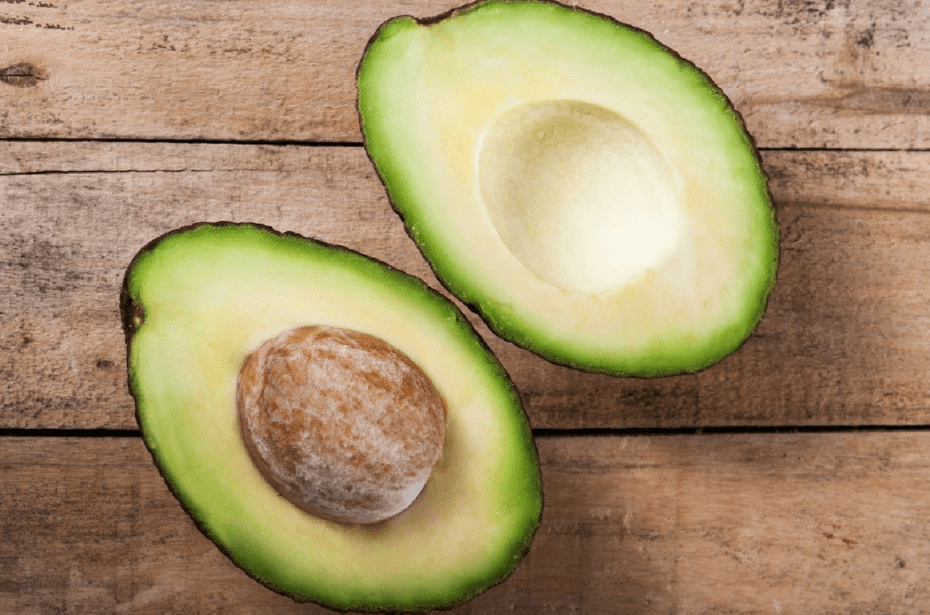
is a healthy foodie and fitness enthusiast who loves wine and chocolate and whines about push-ups.
Written By: Andy Bellatti, MS, RD

As a nutrition professional in corporate wellness, the majority of my work day is spent coaching a variety of people on the health goals they consider most important. This often includes managing or reversing chronic conditions like high blood pressure, high cholesterol, and Type 2 diabetes. However, the most common topic that comes up in my health coaching sessions is weight loss.
There is nothing wrong with wanting to lose weight, though I do think our society is too weight-focused. As I have explained before, I don’t view obesity as the top public health problem to solve. Rather, I view obesity as the most visible symptom of other problems that need solving, like the ubiquity and artificial affordability of unhealthy food products.
If we frame obesity as “the problem,” then too often the solution hinges solely on lowering caloric intake. This then manifests as a solution where minimally nutritious and highly processed offerings (i.e.: fat-free Cool Whip and sugar-free cookies) are prioritized over more nourishing fare (i.e.: a handful of pistachios or some dried fruit).
In my line of work, I’ve noticed that many clients who structure their eating patterns exclusively around weight loss face more challenges and roadblocks than those who use better health as the main motivator to change the ways they eat.
I encourage all my clients, even those looking to lose weight, to eat for health above all else. Here’s why:
Additionally, since “cheating” usually implies profound enjoyment (i.e.: I ate pizza/tacos/cake/ice cream and it was SO GOOD), the other side of that coin is one devoid of pleasure. When healthful eating is perceived as a sacrifice or tasteless chore to achieve an end, the chances of building lifelong habits is slim to none.
I like to remind my clients that healthful eating is about general patterns and the big picture. I encourage the 80/20 or 90/10 approach, where as long as 80 to 90 percent of foods you eat are health-promoting, the remaining 20 or 10 percent allow for special occasion foods, mindfully-chosen treats, or situations where healthful choices are not available. This minimizes guilt and negative self-talk, as there is no perfect ideal to rebel against.
Eating for health, on the other hand, is about opening up your culinary experiences and palate and trying new foods or new preparations of familiar foods (i.e.: chia pudding as a tasty way to include more seeds in the diet, roasted rather than steamed cauliflower, blended homemade dressings that use creamy cashews as a base).
Compare this to many weight loss-focused individuals who adhere to strict guidelines for the first five days, get on a scale, see “only” a one-pound decrease (even though one pound within five days is absolutely normal for healthy weight loss) and enter the vicious cycle of frustration, hopelessness, and returning to old habits.
Pastries, sugary cereals, lentils, and whole fruits are not lumped together into the “carbs”category, and an avocado’s high fat content is not a reason to eschew the delicious creamy fruit. In fact, when you eat for health, many foods take on the role of helping you reach your goals. This is very different from a weight loss framework, where foods are judged solely on caloric content and a 100-calorie bag of mini Oreos is considered a “better” choice than a 150-calorie serving of almonds.
The main takeaway: prioritize health and your chances of success are infinitely better.
Andy Bellatti, MS, RD is a Las Vegas-based nutritionist with a plant-centric and whole-food focus who takes an interest in food politics, deceptive food marketing, sustainability, and social justice. His work has been published in Grist, The Huffington Post, Today’s Dietitian, Food Safety News, and Civil Eats, among others. He is also the Strategic Director of Dietitians for Professional Integrity, a group that advocates for ethical and socially responsible partnerships within the Academy of Nutrition and Dietetics. You can read more of his work on his Small Bites blog and can also follow him on Twitter and Facebook.